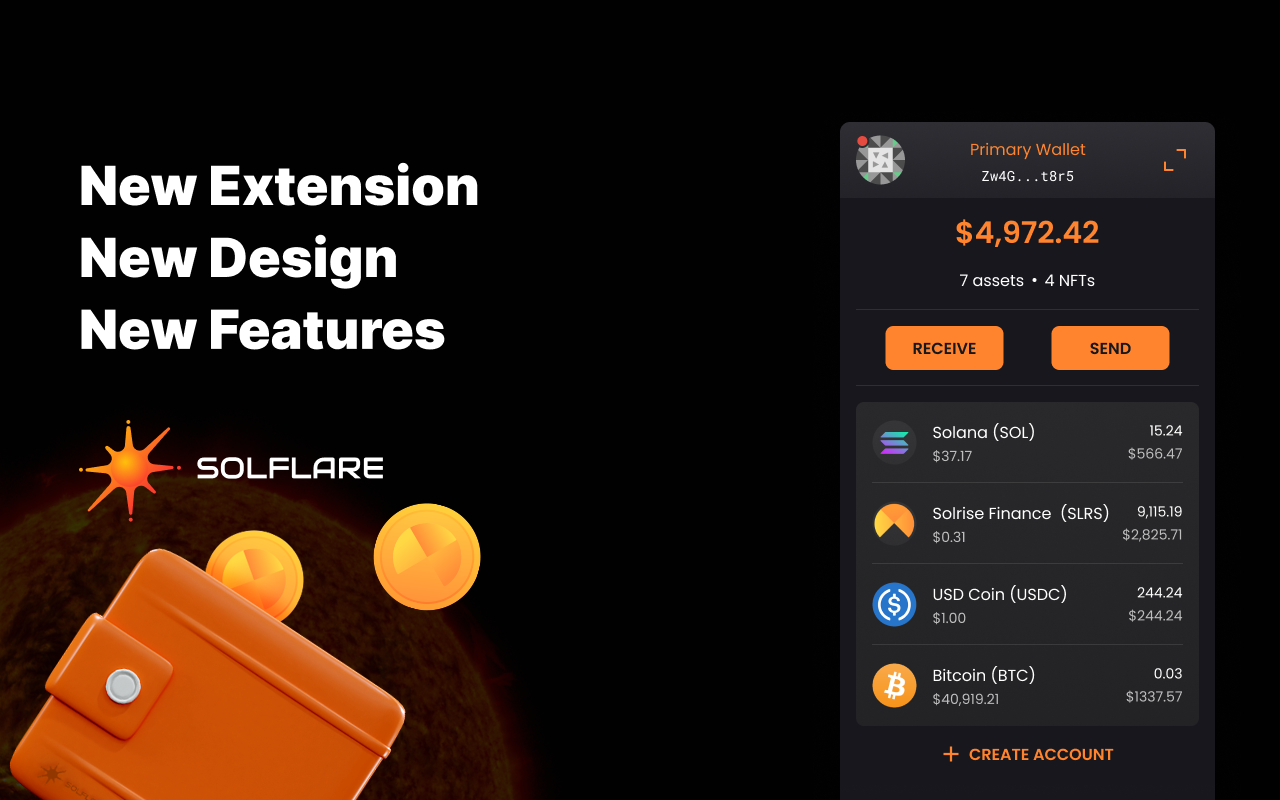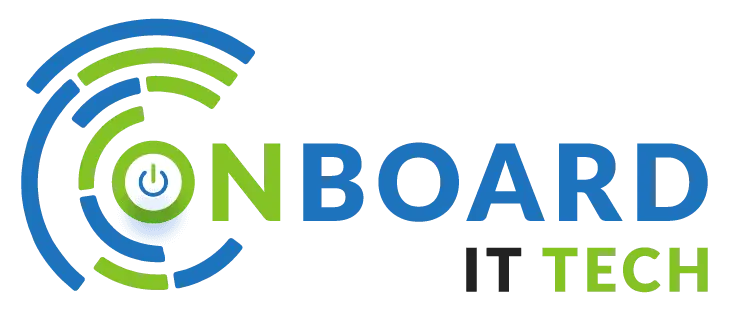So I was thinking about the whole Solana DeFi scene the other day—man, it’s growing fast, but something felt off about how most folks manage their wallets and validator choices. Really, it’s like everyone’s rushing in without giving a second thought to security or performance. Wow! That’s a recipe for headaches down the road. You know, staking isn’t just about locking SOL and hoping for rewards. It’s about trust, speed, and yes, the right tools.
Let me tell you—when I first dove into Solana staking, I just grabbed any validator that seemed popular. Initially, I thought all validators were basically the same, but then I saw my rewards barely trickle in while others were raking it in. Hmm… My instinct said I was missing some key pieces here. One, validator selection can massively impact your staking returns and network health. Two, the wallet you use to interact with these protocols? Even more crucial than I realized.
Okay, so check this out—the Solana network thrives on validators that keep things fast and secure. But not every validator is created equal. Some might have downtime, which can slash your staking rewards or worse, slash your stake if they misbehave. And some validators? Well, they might not be as transparent or community-focused as they claim. That part bugs me because, really, your funds and trust are on the line.
Now, I’m biased, but I gotta say the wallet you pick to handle all this is just as important. The solflare extension has been my go-to for a while. It’s not just about sending or receiving tokens; it’s about having a browser extension that integrates smoothly with DeFi protocols and staking dashboards, offering solid security without the clunky interface some others have. Seriously, it makes staking feel a lot less like guesswork.
Here’s the thing. When you’re juggling browser extensions and DeFi protocols, you want something that’s lightweight but powerful. The solflare extension fits that bill. It supports seamless interaction with the Solana ecosystem, letting you stake, vote for validators, and even swap tokens without jumping through hoops. But you’ve gotta be careful about browser security and extension permissions—don’t just click “allow” blindly. Something very very important there.
It’s kinda funny—on one hand, you want maximum decentralization and performance from your validator, but on the other, you need a wallet extension that doesn’t bog you down with constant pop-ups or weird permissions. Though actually, finding that balance takes some trial and error. I’ve had moments where I thought I nailed it, only to realize a better validator or wallet combo was out there all along.
Let me dig a little deeper. Validators with a strong track record tend to be more reliable and offer better uptime. But how do you spot them without digging through endless stats? That’s where community forums, Discords, and social chatter come in handy. Yeah, it’s a bit old school, but trust me, no dashboard tells you everything. It’s like hearing a local’s recommendation for the best BBQ spot in Texas—you gotta listen closely.
Also, by the way, validator selection isn’t just about rewards. It’s about supporting the network’s health. If everyone piles into the same few validators, you lose decentralization benefits, which is the whole point of blockchain after all. So, spreading your stake around thoughtfully can actually protect your investment in the long run.

Check this out—when you use the solflare extension, it highlights validators with clear info about their performance and commission rates. That transparency makes a big difference. I remember the first time I switched validators within the extension, the interface guided me smoothly through the process without any confusing jargon. For a guy who’s not a full-time crypto nerd, that’s saying something.
But here’s a minor snag: some DeFi protocols on Solana require you to interact through the wallet extension in very specific ways, and if your extension isn’t up to date or lacks compatibility, you might end up stuck or exposed to risks. It’s not just a tech detail—it’s a security concern.
So yeah, I’m not 100% sure everyone appreciates how nuanced this is. The ecosystem moves so fast that users often focus on shiny new tokens or yield farms while ignoring the basics like validator reliability or wallet security. My advice? Take a breath. Spend time vetting your wallet and validator choices. Even if it feels tedious, those few extra minutes can save you from headaches or losses.
Why the Solflare Extension Stands Out for Solana DeFi Users
From personal experience, the solflare extension isn’t just another wallet; it’s kind of like your trusty sidekick for the Solana network. It handles staking, voting, and DeFi interactions with surprising ease. Seriously, the UX is pretty slick for a crypto wallet extension.
One thing I really appreciate is how it balances security with convenience. You can manage multiple accounts, check staking rewards, and even participate in governance votes without jumping through hoops. That might sound basic, but many extensions out there trip up users with clunky interfaces or incomplete features.
Oh, and by the way, the solflare extension supports integration with hardware wallets too, which is a huge plus if you want to step up your security game while staying in the browser. That combo gives me a bit more peace of mind, especially when dealing with bigger stakes or more complex DeFi maneuvers.
Now, I won’t pretend it’s perfect. Sometimes the extension can lag or glitch during network congestion, and I’ve run into a few UI quirks that made me scratch my head. But on balance, it’s one of the smoother, more reliable options out there. That’s just my take, but if you’re deep into Solana DeFi, it’s worth giving it a shot.
And here’s something I noticed—using a dedicated extension like solflare can actually speed up your interactions with staking and DeFi protocols compared to web wallets or mobile apps. That speed matters when you’re trying to jump on fresh staking opportunities or quick swaps.
On a related note, validator selection inside the solflare extension isn’t just a checkbox. The interface gives you metrics like uptime, commission, and stake weight, helping you make a more informed choice. I like that it nudges you toward validators who are not just popular but also reliable. That’s a subtle but important distinction.
Honestly, the more I explore, the more I realize that staking on Solana isn’t just a set-it-and-forget-it deal. You gotta stay engaged, watch network updates, and occasionally rebalance your stakes. The tools you use—like the solflare extension—either make this manageable or a total pain.
Frequently Asked Questions
How do I choose the best validator on Solana?
Look for validators with high uptime, reasonable commission fees, and a good reputation in the community. Avoid validators with frequent downtime or suspicious behavior. Tools like the solflare extension can help by showing key stats to guide your choice.
Is using a browser extension wallet safe for staking?
Generally, yes—as long as you use trusted extensions like the solflare extension, keep it updated, and practice safe browsing habits. Combining it with hardware wallets can further boost security.
Can I stake SOL directly through the solflare extension?
Absolutely. The solflare extension supports staking, allowing you to delegate your SOL to validators and track rewards seamlessly within the interface.
